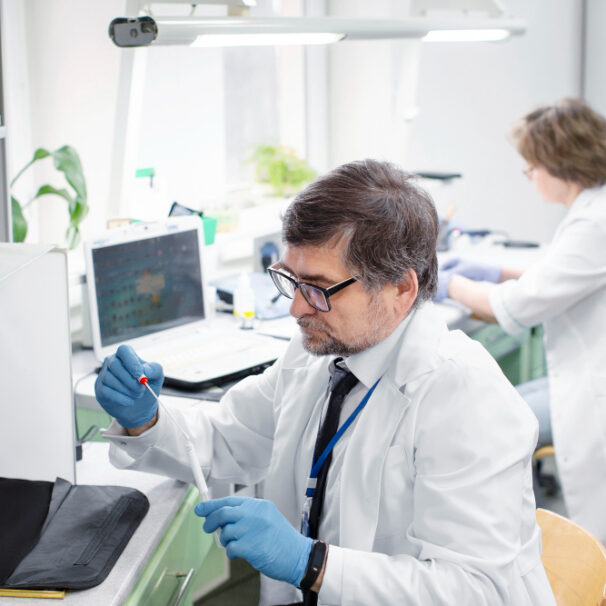HealthProviders DB is a comprehensive database of healthcare providers, including a complete directory of all histology specialists and technologists.
Pathology Specialists/Technologist Healthcare Taxonomy Code 246QH0600X
As of today, the following are the total number of Histology Specialists & Technologists nationally, in your State, and near your location.
Select a State below to view the list by State. Additionally, you can narrow the list by city, among other options, from the Filter Panel, which you can open by clicking the vertical ellipses ⋮ in the upper right corner of the app.
Alaska – Alabama – Armed Forces Pacific – Arkansas – American Samoa – Arizona – California – Colorado – Connecticut – District of Columbia – Delaware – Florida – Federated States of Micronesia – Georgia – Guam – Hawaii – Iowa – Idaho – Illinois – Indiana – Kansas – Kentucky – Louisiana – Massachusetts – Maryland – Maine – Marshall Islands – Michigan – Minnesota – Missouri – Northern Mariana Islands – Mississippi – Montana – North Carolina – North Dakota – Nebraska – New Hampshire – New Jersey – New Mexico – Nevada – New York – Ohio – Oklahoma – Oregon – Pennsylvania – Puerto Rico – Palau – Rhode Island – South Carolina – South Dakota – Tennessee – Texas – Utah – Virginia – Virgin Islands – Vermont – Washington – Wisconsin – West Virginia – Wyoming
Medicare
The following are the total number of Histology Specialists & Technologists who accept Medicare in your State, the number who have opted out of Medicare, and the total number excluded from participation in Medicare nationwide.
The diagram below shows all the Histology Specialists & Technologists across the country, represented by blue bubbles. The larger the bubble, the greater the concentration of providers in that area. Red bubbles represent Medicare-excluded providers, with the larger bubbles indicating a higher percentage of excluded providers in that region. You can change the bubble size to be based on exclusions from the Size menu.
What do Histology Specialists & Technologists do?
Histology Specialists/Technologists prepare biological tissue samples for microscopic examination by pathologists to aid in diagnosing diseases, monitoring treatments, and supporting medical research.
Their work involves complex processes such as tissue processing, embedding specimens into wax blocks, sectioning them into thin slices, and staining them with dyes to highlight cellular details.
This meticulous work provides crucial insights into cell structure and helps identify abnormalities in diseases such as cancer and degenerative conditions.
What they do
Specimen Handling: Receiving, sorting, and logging tissue samples from surgeries, biopsies, and autopsies.
Tissue Processing: Using specialized equipment and chemicals to dehydrate, fix, and embed tissue samples.
Sectioning: Cutting fragile sections of the embedded tissue using a microtome for microscopic analysis.
Staining: Applying dyes and other chemicals to the tissue sections to make cellular structures visible and distinguishable.
Quality Control: Ensuring the quality and accuracy of the prepared slides and maintaining laboratory equipment.
Documentation: Keeping detailed records of tests, equipment maintenance, and patient information.
Collaboration: Working closely with pathologists to provide them with slides for diagnosis and research.
Environment
Histology specialists and technologists work in various settings, including Hospitals, Clinical diagnostic laboratories, Medical research facilities, and Surgical pathology areas.

